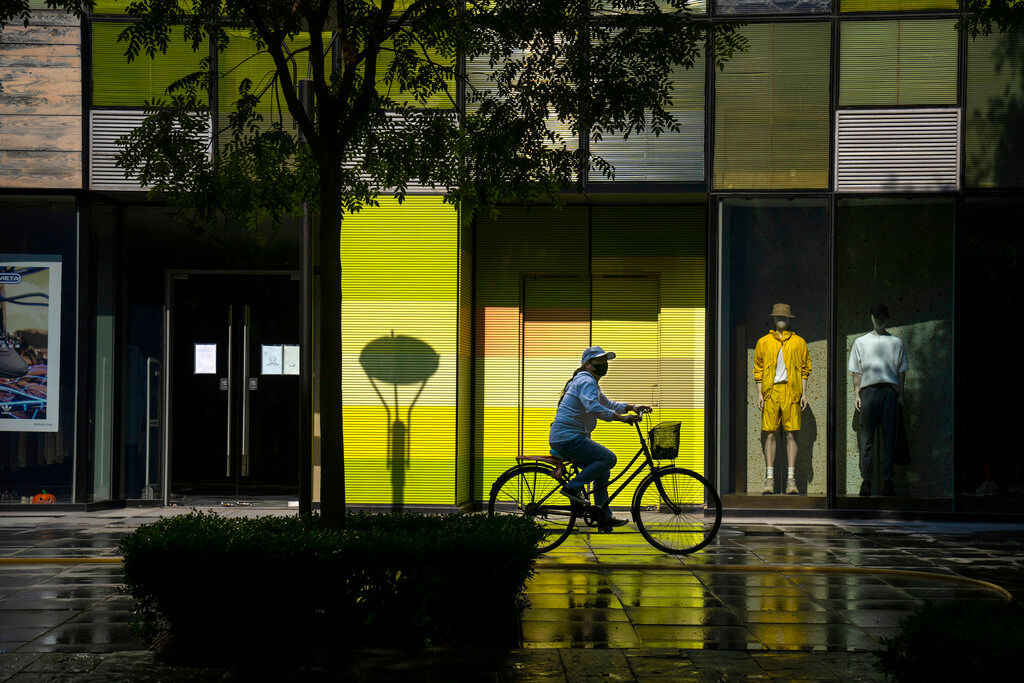Vietnam, the
southeast Asian nation that makes a large portion of the world’s Adidas shoes,
is running out of material. In Shanghai, the hub of tech production, component
shortages are hurting companies. Phipps International is struggling to get its
supply of faucets, and Pegatron Corp., the world’s major iPhone supplier, has
had to cut its second-quarter outlook for notebook shipments. All this, because
of China’s strict COVID-zero policy.
Beijing has
adopted one of the most stringent measures to stomp out the novel coronavirus
that originated in the country in 2019 and then spread to the world causing
havoc, with millions dying and entire economies collapsing. Now, the Xi Jinping
led Communist government is creating supply-chain bottlenecks that may well
derail the Asian economy. China controls nearly 12% of the world’s trade, and
as such, its actions have wide-ranging consequences.
Also Read | Beijing locks down more people in China’s ‘zero-COVID’ fight
The impact,
currently, does not seem as severe. But that is because this is only the beginning
of a burgeoning crisis. China has effectively locked up vast populations which
have raised questions on Beijing’s approach to human rights. The World Health
Organization (WHO), the UN-backed health agency, has called China’s approach “unsustainable”
vis a vis the nature of the virus.
Meanwhile, Beijing’s
policy has the capacity to cause far greater havoc. The policy has put
factories out of production and slowed truck deliveries. Container logjams have
intensified. “All the construction projects are backed up waiting on raw
materials…The supply chain has been a mess already, and this is making it
worse,” said Jake Phipps of Phipps International, the American luxury bathroom
fixture company to Bloomberg.
“Once Shanghai opens up and everything is back
into rotation, and you will see all the vessels heading towards the US, that
can pose additional challenges and additional congestion,” according to
Jonathan Gold of the US’ National Retail Federation.
One of the biggest
challenges emanating from China’s zero-COVID policy is a shortage of medical
supplies. Healthcare facilities are witnessing a shortage of an iodinated
contrast medium called Omnipaque. Produced at a GE Healthcare factory in
Shanghai, the chemical agent is widely used in X-rays, radiography and CT
scans. While the factory has resumed production, the shortage may last a couple
of months, according to the Greater New York Hospital Association.







